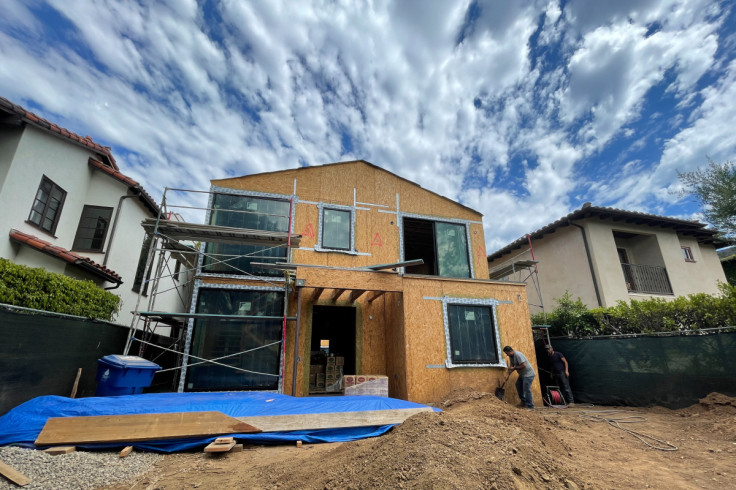
Sharing housing because of economic hardship or housing loss is considered to be doubled-up homelessness. And the amount of Latinos in this situation saw a significant increase between 2020 and 2022, especially in Los Angeles County, where over one in four members of this demographic were in this situation.
A new study by the Latino Politics and Policy Institute showed that the combination of Covid-19's disproportionate impact on Latinos, especially when it came to health outcomes and accessing emergency resources, and Los Angeles' affordability crisis, created a perfect storm.
Doubled-up homelessness can help people avoid resorting to shelters or directly live in the streets, but it is also associated with negative health outcomes, "including psychological distress, strains to social ties and a high incidence of communicable disease," the study says.
Overall, Latinos were nearly three times as likely as non-Latinos to be doubled-up homeless and accounted for almost 77 percent of the population in this situation. "When doubled-up individuals in renter households were compared to all individuals, the rate of doubling up was 6.2 percent for Latinos, compared with 1.3 percent for White non-Latino individuals, who had the lowest rate of doubling up," reads another passage of the document.
"People experiencing unsheltered or sheltered homelessness often exit homelessness for doubled-up housing, but they become homeless again at high rates. Additionally, in high-poverty communities, doubled-up living arrangements can create financial stress for host
households, who are often in poverty themselves and at significant risk of losing their own housing," it adds.
The document highlights that policymakers have not assessed the scale of doubled-up homelessness in Los Angeles County nor explored the potential of policies or programs that would help them meet the needs of the population in this situation. Doing so, it says, could help curb homelessness both for Latinos and the rest of the county's population.
Among the main challenges: how homelessness is defined for service provision, cultural stigma, language access, and citizenship status. For that reason, the study makes a series of proposals, among them examining opportunities to track and measure doubled-up homelessness as a vulnerability factor, supporting community organizing efforts, as well as establishing communication campaigns to combat cultural stigma around homelessness.
On the policy level, the study advocates for expanded definitions of homelessness in housing and financial assistance programs, exploring alternative measures using census data, and creating new resources to address doubled-up homelessness. Additionally, recommendations emphasize the importance of increasing access to services regardless of citizenship status and supporting funding for affordable housing initiatives.
© 2023 Latin Times. All rights reserved. Do not reproduce without permission.







